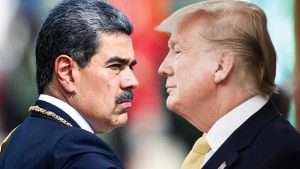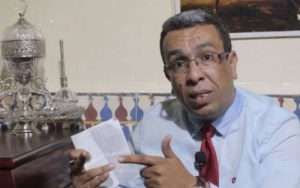Moroccan prince denied entry to Tunisia over Sahara row

The Arab Maghreb Union continues to become more polarized on the subject of Western Sahara as only recently Tunisia signaled that it was more sympathetic towards Algeria’s take on the controversial subject, sparking a fall-out between Rabat and Tunis.
This demise in what was a long term friendship has reached new levels of despair though since Tunisia’s President took office.
On January the 19th, a Moroccan prince was barred from entering Tunisia at the airport in what is seen as yet another coup de theatre likely to antagonise relations further between these two Maghreb countries whose friendship goes back centuries. The row flared up originally in August 2022 when Tunisia invited the Polisario to a high brow international conference, shocking many MENA countries whose analysts quickly concluded that Algeria had moved quickly to support Tunisia in many of its political and economic upheavals.
But none would have guessed the extent of this policy which has shocked many once again with the Moroccan prince’s experience on January 19th.
On that evening, Tunisian authorities prevented Prince Hisham Al-Alawi from entering the country to participate in a cultural symposium on the Arab Spring. This is the second time that the prince has been deported from Tunisia in a similar incident in 2017.
Prince Hisham, a human rights buff, went to the Tunisian capital to participate in an international symposium organized by the famous French monthly “Le Monde Diplomatique”, but as soon as he arrived at the airport in the evening, the Tunisian police prevented him from entering the country without providing justifications.
A group of ten policemen accompanied him to a private room to await his deportation on a plane to Casablanca, Morocco, on which he came. He is accompanied by his wife, Malika bin Abdel-Aali.
In contact with London=based Al-Quds Al-Arabi newspaper, Prince Hisham, who is the cousin of King Mohammed VI of Morocco, said, “The police’s treatment was decent and respectful”, but without a convincing justification for the ban, especially since he was going to attend a cultural symposium talking about the Arab Spring. This incident coincides with the crisis in relations between Tunisia and Rabat over the Sahara issue.
The prince intended to give a lecture in which he would talk about the prospects of the Arab Spring and the decline of the counter-revolution, as well as the populism of some political systems that emerged after the Arab Spring.
Want to chase the pulse of North Africa?
Subscribe to receive our FREE weekly PDF magazine













